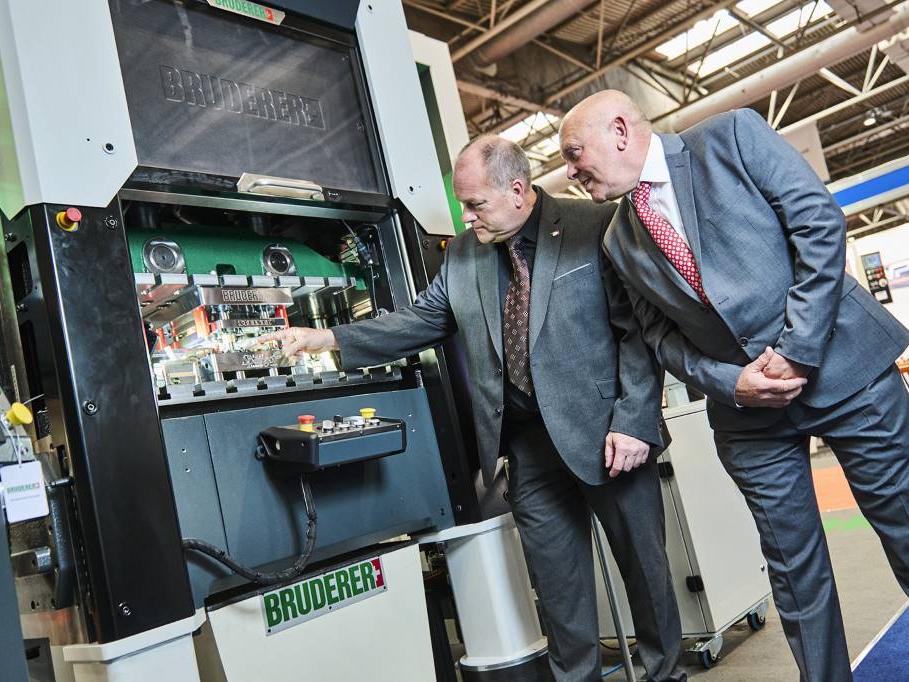New investment to save UK industry millions while cutting emissions

The UK Government is investigating the most effective ways to cut industrial greenhouse gas emissions to help reach net zero by 2050.
A new £315 million investment drive to decarbonise heavy industry hopes to improve the energy efficiency of commercial buildings and save UK industry "up to £1 billion a year on their energy bills by 2030”.
This includes improving the energy performance of rented commercial buildings and setting a minimum energy efficiency standard of Energy Performance Certificate (EPC) band B by 2030.
The Industrial Energy Transformation Fund (IETF) will help businesses with high power use, such as energy-intensive industries, to cut their bills and carbon emissions through investing in efficiency measures.
It will shrink industrial emissions by around 2 million tonnes between 2028 and 2032 – the equivalent of taking nearly 200,000 cars off the road every year. This consultation seeks views on how the fund will work.
Business, energy and clean growth minister Kwasi Kwarteng said: “The UK is already cutting emissions faster than any other major economy and we’re the first to legislate to end our contribution to climate change entirely. Eliminating emissions from industry is key to achieving this, but doing so does not have to mean compromising our business success. That’s why we’re bolstering our investment in clean growth.
“Ensuring energy intensive businesses are equipped with the latest low-emission technologies will not only helps our transition to net-zero, but will also ensure these companies are more agile and competitive going forward - creating new skilled, well-paid jobs.”
In June the UK government became the first major economy to legislate to end its contribution to climate change by 2050. Emissions from industry, currently accounting for around a quarter of all UK emissions, will need to be cut to nearly zero to achieve this.
Eight industrial sectors, including cement, ceramics, chemicals, food and drink, glass, iron and steel, oil refining, and pulp and paper currently emit around two thirds of industrial carbon emissions.
Ministers are keen to fund tried and tested low-carbon industrial processes, as well as exploring new options that will keep British industries responsive to change.














